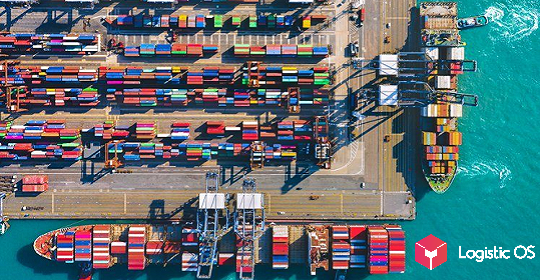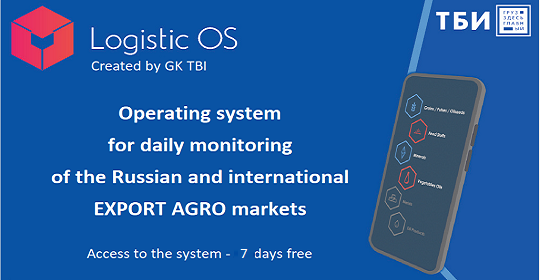This year, Russian farmers have harvested about 150 million tons of grain, of which 100 million tons is wheat.
The country has never seen such a harvest. Even in 2017, which was considered a record year for a long time, 15 million tons less was collected.
Excellent performance this year is not only for grain, but, for example, for vegetable oil and other crops.
A huge harvest — a huge problem?
Paradoxically, in the current situation, it is possible that producers would prefer a smaller harvest:
For domestic consumption in Russia, 80 million tons of grain is enough.
There is nowhere to store excess.
With export problems due to anti-Russian sanctions, the export rate has fallen by about 20% compared to last year.
Prices on the world market are also low now.
Yes, and on the inside they are declining: they are pressed with all their weight by this same crop.
What to do in such a situation?
One option would be to remove export restrictions.
For example, during the entire past year, the government allowed exporters to export only 11 million tons of grain abroad.
But taking into account the volumes collected this season, we can expect that the quota will be revised several times. After all, something, and a shortage of grain within the country of Russia is definitely not threatened.
“The grain harvest is large, so there are prerequisites for changing the export quota quantitatively. The government is currently working on this issue.
A high harvest provides great opportunities for export, while the saturation of the domestic market is a priority,” said Deputy Prime Minister of the Russian Federation Victoria Abramchenko.
The second option is the development of processing within the country.
For example, this year the export of flour from Russia has grown 4 times compared to last year.
Own processing of grain into flour allows you to solve several issues at once:
Provide work for Russian millers.
Increase marginality (flour costs much more than grain);
Partially circumvent sanctions: some countries “did not have time” or “forgot” about restrictions on the export of the same flour, so that in the end the grain successfully bypasses the sanctions — it is enough to grind it.
True, and here everything is not easy.
According to the president of Agrifood Strategies, Albert Davleev, in order to increase the processing of anything, additional equipment is needed, which was previously successfully purchased in unfriendly countries.
Where to take it now is not clear. Most likely, we need to restore our own design schools and increase government orders for engineering specialties.
However, one should not lose optimism in this regard, Andrey Danilenko, president of the Svoe fund, is sure. Russia is quite capable of coping with setting up its own production of even very sophisticated equipment.
Whoever does not believe, let him look back at the beginning of the 2000s: then many believed that it was already unrealistic to revive agriculture in Russia, but today we have such a crop that we don’t know where to put it.

